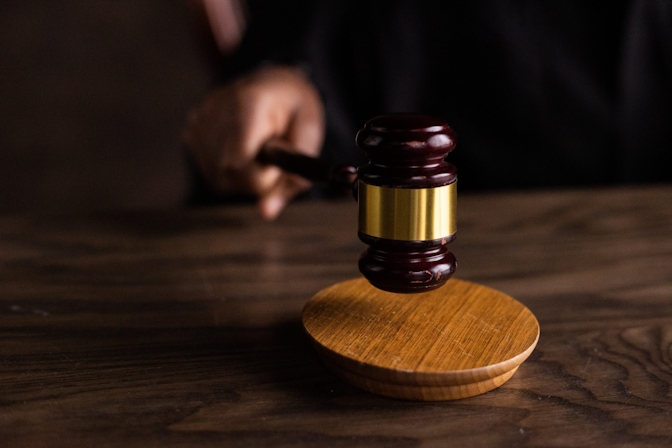
Photo By Mouthwash Studios / DTS
The Potential Of Cannabis In The Fight Against Opioid Addiction
Exploring the factors influencing the use of cannabis to overcome opioid addiction.
It’s no secret that in recent years opioid addiction has become one of the biggest public health crises. From prescription painkillers to illicit drugs like heroin and fentanyl, millions of people struggle every day to overcome their dependence on these highly addictive substances and escape the overwhelming reality of everyday life.
This is a struggle on many fronts, and physicians and scientists are on the front lines of the fight to find alternatives to help the millions of people who are addicted to opioids.
As a result, research has begun on the potential of medical cannabis as a tool to help people overcome their dependence or even overdose on these substances. Read on to learn more.
Unraveling The Relationship Between Cannabis And Opioid Addiction

Photo By Mart Production / Pexels
Medical marijuana can be an effective weapon against many of the symptoms of opioid withdrawal, including nausea and anxiety. In fact, cannabis is also safer than existing opioid drugs.
A growing number of scientific studies show that access to cannabis reduces both opioid-related deaths and addiction relapse. Cannabis and opioids interact with different systems in the body, suggesting they may have different effects.
Opioids act on opioid receptors in the brain and body to reduce pain and produce a feeling of euphoria. Opioid receptors are located predominantly in the nervous system, affecting nerve cells (neurons) in the brain and body.
Cannabis, on the other hand, acts on cannabinoid receptors in the brain and body to produce effects such as relaxation and euphoria; cannabis works in synergy with our own endocannabinoid system.
Although research on the use of cannabis to treat opioid addiction is still limited, some studies have found that medical cannabis can help reduce opioid dependence and improve the quality of life for people struggling with addiction.
Government Policies

Photo By Ekaterina Bolovtsova / Pexels
As is often the case with scientific discoveries, they are one step – or several steps – ahead of legislation.
Unfortunately, it’s normal to see scientific discoveries that could change the paradigm of many situations, as is the case with opioid addiction, but legal regulation is only one of the many obstacles that stand in the way.
In many countries, recreational marijuana remains illegal at the federal level and its use for medicinal purposes is only permitted in certain states, provinces, and countries. This hinders the expansion of alternative therapies to combat these addictions, such as the legal use of cannabis.
However, all is not lost. Many states in North America, such as New York, have taken steps towards a more open regulation, which would allow many users to turn to cannabis as a natural and safer alternative to opioids.
Although the use of cannabis to treat opioid addiction has both benefactors and detractors, the latter argues that the use of cannabis to treat opioid addiction can be dangerous and that it can be an addictive substitute for opioids.
While many studies are still lacking, it is undoubtedly a promising alternative that could prevent deaths and overdoses, as well as being an alternative to pain treatments for a more enjoyable state of living.
Real Life Experiences

Photo By Ray Kang / DTS
Many cannabis advocates argue that marijuana can help people reduce anxiety and withdrawal symptoms associated with opioid addiction. Many have even taken experiments into their own hands and realized the benefits.
Some also argue that cannabis can help improve the mood and quality of life of people struggling with addiction.
As more people share their success stories with using cannabis to overcome opioid addiction, more doctors and policymakers may begin to consider medical cannabis as a valuable tool in the fight against the opioid crisis.
While research on the use of cannabis to treat opioid addiction is still in its early stages, there is evidence that medical cannabis can be a safe and effective option for some people.
By opening up legislation to new horizons, it is possible to explore the real potential benefits that alternative therapies such as cannabis can bring to thousands of people.
There is one undeniable truth: the fight for cannabis legalization can somehow be an alternative to opioid consumption, giving real alternatives to those who need it.
Herb Recommended Products:
READ MORE










